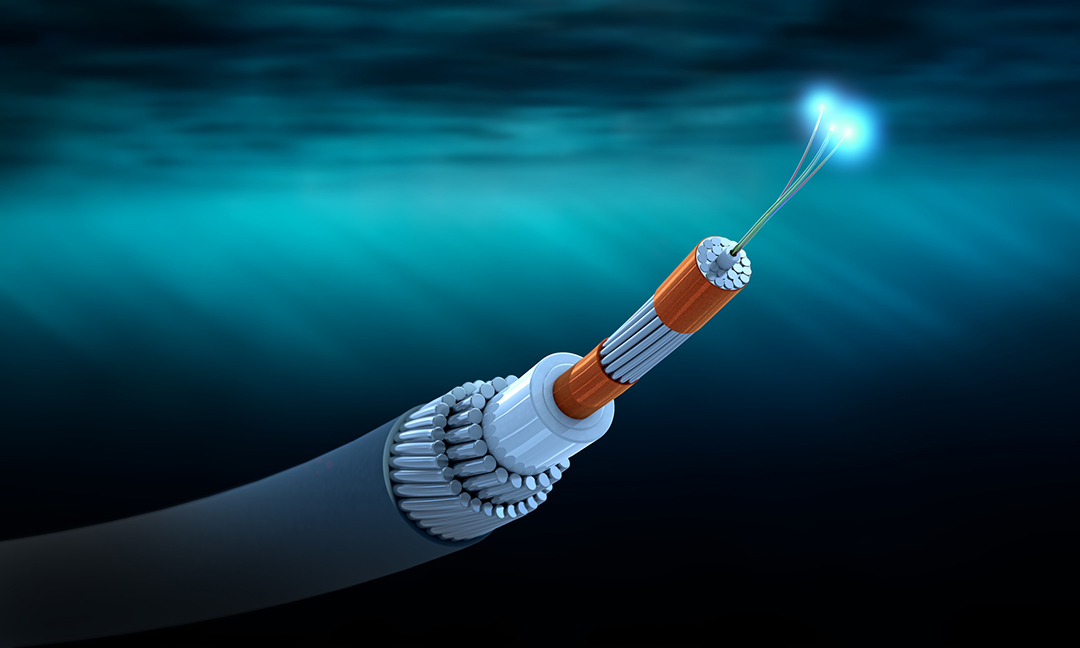U.S. funding tapped for Pacific undersea cable after PRC rebuffed

Reuters
The Federated States of Micronesia (FSM) will tap a United States funding program to construct a Pacific Ocean undersea communications cable after rejecting a Chinese company-led proposal that was deemed a security threat by U.S. officials, according to two sources.
The undersea fiber optic cables have far greater data capacity than satellites, leading Washington to raise concerns that the involvement of Chinese firms would compromise regional security. Beijing has denied any intent to use cable infrastructure for spying.
Two sources said the FSM would use U.S. money to construct a line between two of its four states, Kosrae and Pohnpei, replicating part of a route proposed under a previous U.S. $72.6 million project backed by the World Bank and Asian Development Bank.
That project, which also encompassed the Pacific island nations of Nauru and Kiribati, was scrapped after Washington raised concerns the contract would be awarded to Huawei Marine, now called HMN Technologies and majority owned by Shanghai-listed Hengtong Optic-Electric Co. Ltd.
One source said the FSM would draw about U.S. $14 million from the American Rescue Plan, which was created by U.S. President Joe Biden to distribute money at home and abroad to combat the health and economic impacts of the COVID-19 pandemic.
The FSM government said it was committed to providing fiber connectivity to the state of Kosrae and onward connectivity to Kiribati and Nauru. It did not respond directly to questions about U.S. funding.
The U.S. State Department declined to comment.
The FSM and U.S. have a long geopolitical relationship, enshrined in the Compact of Free Association, a decades-old agreement between the U.S. and its former Pacific trust territories. Under that agreement, Washington is responsible for the island nation’s defense.
The second source said the U.S.-funded cable would likely connect to the HANTRU-1 undersea cable, a line primarily used by the U.S. government that connects to the U.S. Pacific territory of Guam.
Both sources spoke on condition of anonymity.
The World Bank said in a statement that it was working with the FSM and Kiribati to map out their next steps after the original tender for the larger project concluded with no contract awarded.
Undersea cables represent one of the newest and most sensitive fronts in the rivalry between the People’s Republic of China (PRC) and the U.S. in the strategic waters of the Pacific. (Pictured: An illustration of a cross-section of an undersea communications cable.)
While the FSM has close ties to the U.S., it also has long-standing diplomatic and trade relations with the PRC.
Prominent U.S. lawmakers have warned that Chinese companies could undermine competitive tenders by offering state-subsidized bids.
The U.S. Commerce Department lists Huawei Marine on its so-called Entity List, which restricts the sale of U.S. goods and technology to the company. The Commerce Department said that Huawei’s new owner, HMN Technologies, would also be captured under those restrictions.
Australia, a strong regional ally to the U.S., also has ramped up its presence in the Pacific through the creation of a U.S. $1.48 billion infrastructure financing facility that island nations can access for cable projects.
Nauru has been negotiating plans to tap into the Australian-backed Coral Sea Cable system, via the Solomon Islands, sources said in June 2021.
IMAGE CREDIT: ISTOCK




